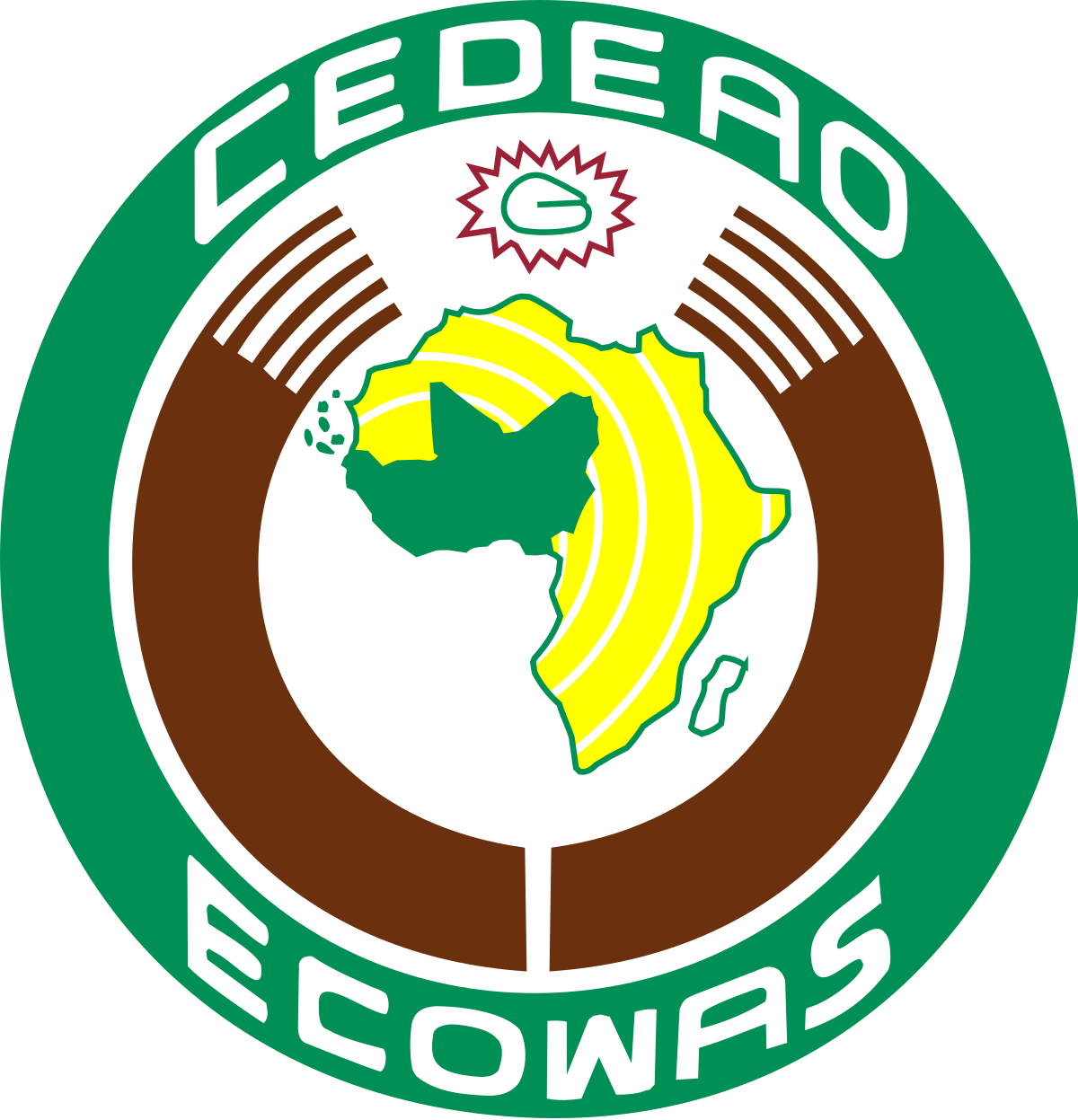The Economic Community of West African States (ECOWAS), alongside stakeholders, on Thursday, in Abuja, organised a consultative meeting to develop an ECOWAS roadmap 2050 to address the challenges confronting woman and youths in the sub-region.
The News Agency of Nigeria (NAN) reports that the meeting was organized by ECOWAS in conjunction with its partners, including the Deutsche Gesellschaft fur Zusammenarbeit (GIZ) and the Nigerian government.
Mrs Finda Koroma, Vice President of the ECOWAS Commission, said the regional roadmap 2050 aimed at building on the successes of the ECOWAS vision 2020, and to chart a new development path for the next 30 years.
Koroma said that the new ECOWAS Vision 2050 would be based on the aspirations of community citizens, with a focus on tackling youth unemployment, women empowerment and inclusion, gender inequalities, child marriage, amongst others.
She said that the number of youths roaming the streets in Member States, without gainful employment, was a matter of concern that could lead to instability, as the youths became vulnerable to criminal activities.
Koroma noted that building a brighter future for the region would require addressing issues affecting women and youths.
“It is, therefore, imperative as we develop the ECOWAS region’s vision for the next 30 years, to see how we can best address youth unemployment.
“It is a basic fact that no country or region can develop, if the majority of the working population is unemployed.
“A recent study done, as part of ECOWAS Integrated Human Capital Strategy (2021-2026), reveals that offering jobs and educational opportunities to youths, will reduce unemployment by 6 percent every year.
“It would put an additional 10 million young people in the workforce or skilled-labor pipeline by 2030.
“Gender inequalities continue to persist in our region, despite the progress made by most countries in terms of women participation in the economic and social sectors.
“In terms of employment, women participation in the work place is good, but there is significant room for improvement, especially around the quality of jobs and advancement to leadership for women.
“On the social front, Africa has the highest average maternal mortality rate of any region, at four times the global average and West Africa is a major contributor to those results”, Koroma said.
Koroma urged stakeholders to take a critical look at the issues and propose concrete solutions that would address the challenges women and youths faced in West Africa.
Mr Ludwig Kirchner, ECOWAS Cluster Coordinator, GIZ, said that with the vision 2050, ECOWAS and its partners were committed to developing policies that will promote women and youth empowerment.
He added that GIZ shared the same conviction with ECOWAS that now is the time to invest in the people, particularly the young people of the region, so that they can become agents of growth and economic stability.
Mrs Pauline Tallen, Minister of Women Affairs and Social Development, said that women remained the foundation of every society, hence issues regarding women empowerment should always be prioritised.
Tallen urged stakeholders on the need to develop concrete plans and policies that would, now more than ever before, effectively tackle poverty, youth unemployment and the many challenges confronting women in society.
Mr Gabriel Aduda, Permanent Secretary, Ministry of Foreign Affairs, said that although a lot had been achieved under the ECOWAS vision 2020, launched in 2021, a more comprehensive plan for the future would effectively address pending challenges.
Aduda, who was represented by Mr Joseph Oyi, Head, ECOWAS National Office in the ministry, said that the transformation of ECOWAS from an ECOWAS of STATES to an ECOWAS of PEOPLE remained non-negotiable.
He stressed that on this note, emphasis should be directed towards regional engagements and programs that would ensure direct impact on the people of the community, especially the youths and women. (NAN)






